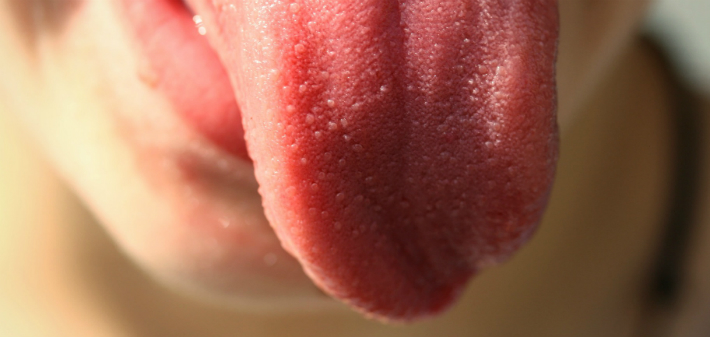A consistent routine of preventative dental care practices can help you avoid gum disease that can threaten your overall health.
Periodontal disease—or gum disease—occurs when the bacteria found in plaque builds up between your teeth and gums, causing infection and inflammation. Sometimes, it’s challenging to notice in the early stages until it has advanced to a more serious condition called periodontitis. Chronic periodontitis affects nearly half of all adults over 30 in the United States. It often results in the loss of tissue and bone that supports your teeth, causing them to become loose. Early treatment of the first symptoms of gum disease is essential for eliminating bacteria and preserving the life of your teeth and surrounding bones.
Early Symptoms of Gum Disease
Gingivitis is the first early symptom of gum disease. Certain warning signs alert you to the problem so that you can seek immediate attention. Professional treatment at your Little Rock dentist’s office followed by consistent at-home brushing and flossing can reverse gingivitis.
The first symptoms of gum disease often include:
- Red, swollen, or tender gums
- Pain or sores in your mouth
- Bleeding while brushing, flossing, or eating hard foods
- Pain or sensitivity while chewing
- Receding gums
- Loose or separating teeth
- Persistent bad breath or a bad taste in your mouth
- Bite changes
How Gum Disease Affects Your Health
If left untreated, gingivitis can progress to periodontitis, eventually causing the deterioration of your mouth’s bones, tissues, and teeth. While conclusive research concerning systemic diseases and gum disease is ongoing, many studies indicate that there is a connection between severe gum disease and other health conditions.
Dental research indicates that periodontal disease increases the risk of heart disease and stroke, possibly due to the inflammation caused by gum disease. Bacteria that grow in the mouth can also spread into the lungs and cause respiratory diseases such as pneumonia. Severe periodontal disease increases blood sugar levels, putting diabetics at an increased risk for complications.
Additionally, men with gum disease are 49% more likely to develop kidney cancer, 54% more likely to develop pancreatic cancer, and 30% more likely to develop blood cancers.
How to Prevent Gum Disease
It is essential to practice preventative dental care techniques so that plaque does not harden and form tartar that brushing alone cannot clean. Plaque and tartar become more harmful the longer they remain on your teeth, causing gum disease you can otherwise avoid. Stay on top of your dental health with a consistent routine:
- Brush your teeth twice a day with a fluoride toothpaste to remove plaque from your teeth and gums.
- Floss twice daily to remove plaque between teeth and along the gum line that your toothbrush misses.
- Rinse with mouthwash.
- Stop smoking. Tobacco use is one of the most significant risk factors in the development and progression of periodontal disease.
- Reduce your stress or risk escalating your gum disease symptoms.
- See your dentist routinely for an oral exam and professional teeth cleaning.
To prevent gum disease throughout your lifetime, practice consistent dental care at home and call your dentist at the first signs of gum inflammation. Regular dental checkups and periodontal exams are crucial to protecting and prolonging the life of your smile. If your symptoms do progress, contact Arkansas Family Dental about gum disease treatment in Little Rock at 501.683.8886 for compassionate and personalized care.

